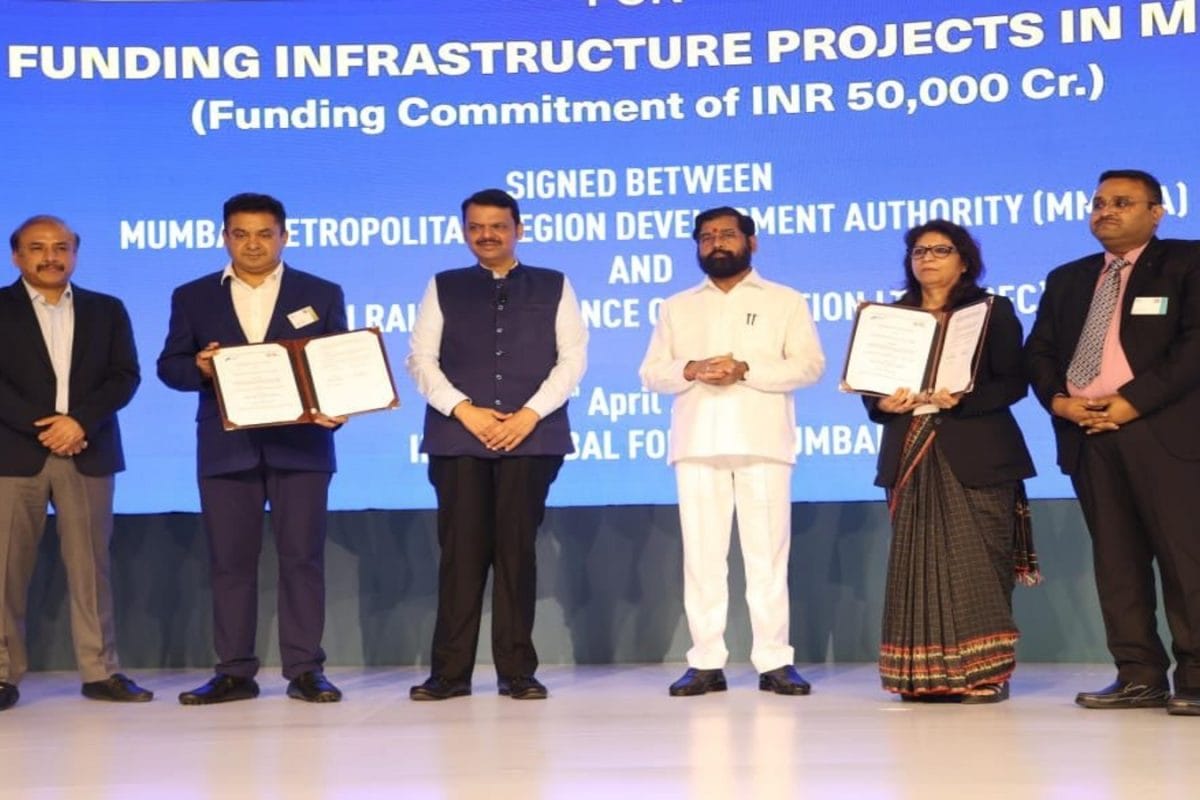

The Maharashtra government, under the leadership of Chief Minister Devendra Fadnavis, has recently approved a series of key decisions aimed at propelling the state's progress in religious tourism, student welfare, and urban infrastructure. These decisions, made during a cabinet meeting on Tuesday, are expected to have a significant and lasting impact on the state's development trajectory.
One of the most prominent decisions is the approval of the Maharashtra Shaktipeeth Highway project. This ambitious project involves the construction of an 802-kilometer expressway, officially named the 'Maharashtra Shaktipeeth Expressway', connecting Pawanar in Wardha district to Patradevi on the Maharashtra-Goa border in Sindhudurg. The project, estimated to cost ₹20,787 crore, aims to boost religious tourism by providing seamless connectivity to key pilgrimage sites. The expressway will pass through 12 districts, linking important religious places such as Mahur, Tuljapur, Kolhapur and Pandharpur, as well as spiritual and historical places like Ambajogai, the Jyotirlings at Aundha Nagnath and Parli Vaijnath, Karanja-Lad, Akkalkot, Audumber and Narsobachi Wadi. The Maharashtra State Road Development Corporation (MSRDC) will oversee the highway's development and land acquisition. The project is expected to reduce travel time between major cities from 18 hours to approximately eight hours, fostering both tourism and rural development. HUDCO has sanctioned a loan of Rs 12,000 crore for land acquisition, which is estimated to be around 7,500 hectares.
In a move to support tribal education, the cabinet has approved a substantial increase in the monthly subsistence and food allowances for tribal students residing in government hostels. The monthly living allowances have nearly doubled across various categories. For instance, divisional-level hostels will now provide Rs 1,400 per month, up from the previous Rs 800. Similarly, district-level hostels will increase their allowance from Rs 600 to Rs 1,300, and rural hostels will see an increase from Rs 500 to Rs 1,000. The special allowance for girl students has also been raised from Rs 100 to Rs 150. Furthermore, the annual allowance for educational materials has been significantly enhanced. Students in classes 8 to 10 will now be eligible for Rs 4,500, an increase from Rs 3,200, while medical and engineering students will receive Rs 8,000, up from Rs 6,000. Monthly food allowances have also been increased to Rs 5,000 in city hostels and Rs 4,500 in district-level hostels. Currently, there are 490 tribal hostels in Maharashtra, accommodating around 57,700 students. This decision is expected to significantly reduce barriers to education for tribal youth, ensuring better access and opportunities.
Additionally, the cabinet addressed urban infrastructure needs by approving draft amendments to the Maharashtra Goods and Services Tax (GST) Act, 2017, aligning it with the Centre's 2025 Finance Act and decisions made during the 55th GST Council meeting. These amendments are aimed at streamlining tax processes and promoting economic activities within urban areas.
Another significant decision was providing relief to displaced families from the plot reserved for the High Court in Bandra (East). The cabinet waived off a ₹31.75 crore fee previously levied on them. Both residential and non-residential structures on the land will now be handed over free of cost to the Public Works Department, providing much-needed respite to the affected residents.
These decisions reflect the Maharashtra government's commitment to holistic development, focusing on enhancing religious tourism, promoting student welfare, and strengthening urban infrastructure. By improving connectivity to pilgrimage sites, increasing financial support for tribal students, and streamlining urban development processes, the state is poised for significant progress in the coming years.